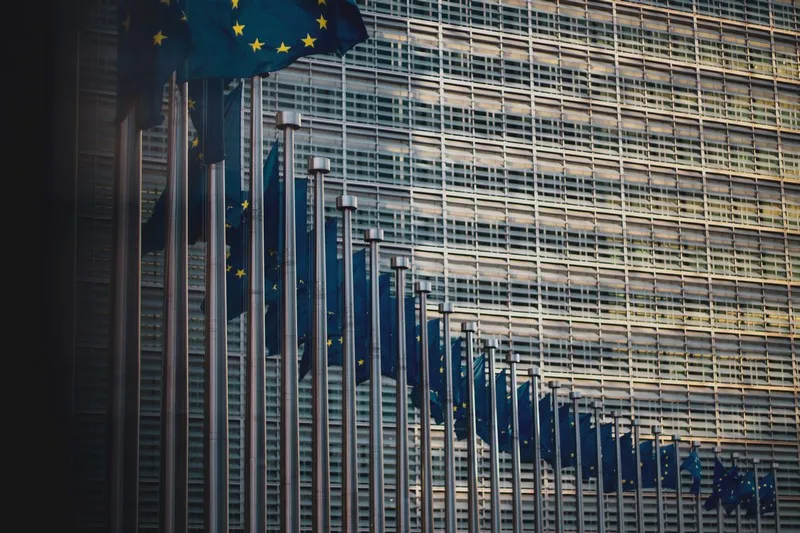Table of Contents
- Origins of Political Correctness
- Understanding Political Correctness Sociologically
- Key Areas of Political Correctness
- Debates Surrounding Political Correctness
- The Social Impact of Political Correctness
- Criticisms and Challenges of Political Correctness
- Future of Political Correctness in Society
- Conclusion
Political correctness, often abbreviated as PC, is a term that has become central in discussions on language, culture, and societal values. In a sociological context, political correctness refers to the conscious effort to avoid language or actions that could offend, marginalize, or disadvantage individuals or groups, especially those who have historically experienced discrimination or prejudice. While initially conceived to promote inclusive language and sensitivity toward all social groups, political correctness has since evolved into a contested terrain where proponents argue it fosters equality, while critics claim it threatens free speech and individuality. This article provides a sociological perspective on political correctness, examining its origins, implications, debates, and societal impacts.
Origins of Political Correctness
Political Correctness in Historical Context
The concept of political correctness can trace its roots back to early social movements that sought justice and equality for marginalized groups. In the 20th century, as movements for civil rights, feminism, and LGBTQ+ rights gained momentum, language and behaviors that reinforced stereotypes, racism, and sexism were challenged. This was rooted in the belief that language shapes perception; by removing pejorative and prejudiced terminology, society could foster a more egalitarian and respectful environment.
The Influence of Social Movements
Political correctness grew from the work of activist groups in the 1960s and 1970s who demanded acknowledgment of the systemic oppression faced by marginalized communities. Civil rights activists sought to combat racial slurs, while feminists challenged sexist language and heteronormative expressions. This movement was not solely about language; it embodied a larger call for social recognition and justice, aiming to alter societal attitudes by changing discourse.
Understanding Political Correctness Sociologically
From a sociological perspective, political correctness serves several important functions:
- Promoting Social Inclusion: Political correctness seeks to reduce the marginalization of disadvantaged groups. By using inclusive language, society attempts to bring historically excluded voices into mainstream conversations.
- Encouraging Normative Change: Political correctness reflects shifting norms and values. What was once socially acceptable may now be seen as offensive or outdated as society evolves and adopts new moral frameworks.
- Power and Language: Language plays a crucial role in shaping social power. Political correctness aims to redistribute linguistic power, challenging the dominance of privileged groups over how people and social issues are represented.
Political correctness is often seen as both a product of social change and a tool for social control. It challenges the status quo and has the potential to influence societal norms around race, gender, and identity, while critics argue it imposes restrictions on expression and personal freedom.
Key Areas of Political Correctness
Language and Terminology
Language is a primary focus in the discourse on political correctness. It involves recognizing how certain terms can carry historical baggage or reinforce stereotypes. For instance, replacing terms like “mankind” with “humankind” reflects a broader societal shift toward gender neutrality.
Political correctness also impacts the ways in which society refers to racial, ethnic, or sexual identity groups. Terms that were once commonplace, such as “Oriental” or “homosexual,” have been replaced by “Asian” or “gay/lesbian” due to concerns about stereotyping or the clinical connotations of such terms.
Representation in Media and Culture
In recent decades, political correctness has also influenced the representation of different groups in media, education, and public policy. In media, this can mean diverse casting and sensitivity toward cultural portrayals to ensure they do not perpetuate harmful stereotypes. In education, it includes curriculum changes that incorporate diverse perspectives and contributions from marginalized groups, highlighting the significance of inclusivity.
In the workplace, political correctness may manifest in diversity and inclusion policies, training programs, and guidelines on appropriate language and conduct, aiming to create environments that respect cultural differences and avoid discrimination.
Identity and Self-Definition
Political correctness supports individuals’ rights to self-definition. This extends to the use of preferred pronouns, names, and identities, particularly within the LGBTQ+ community. It challenges binary and heteronormative views of gender and sexual orientation, advocating for a more fluid understanding of identity.
By affirming individuals’ chosen identifiers, political correctness upholds the right to personal and cultural identity, reflecting the sociological principle that identity is a dynamic and social construct shaped by ongoing societal interaction.
Debates Surrounding Political Correctness
Get the full article AD FREE. Join now for full access to all premium articles.
View Plans & Subscribe Already a member? Log in.





